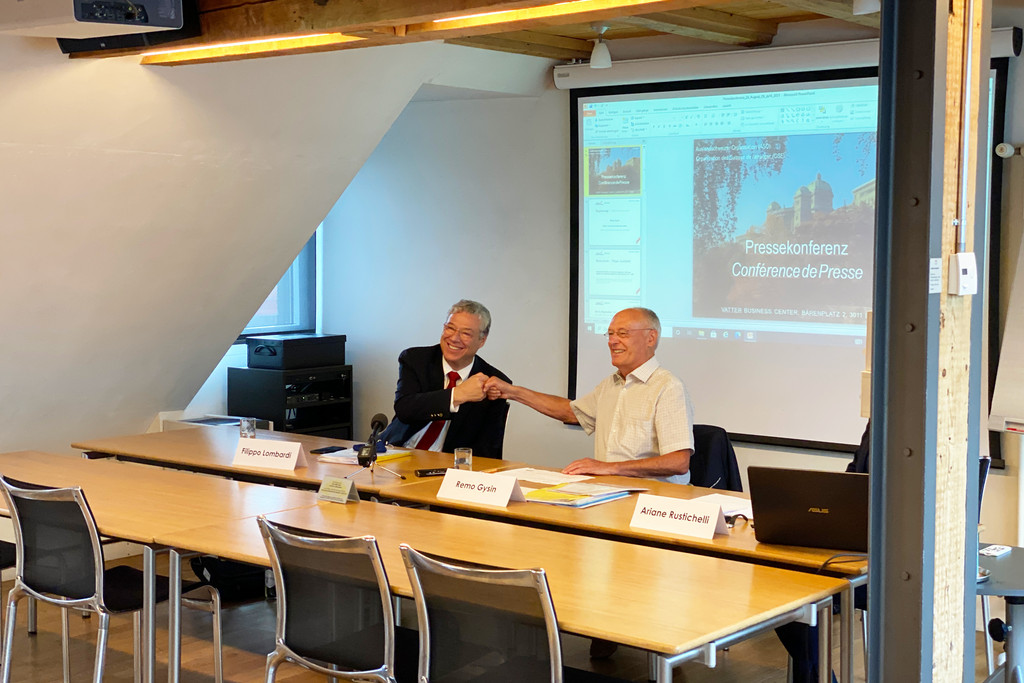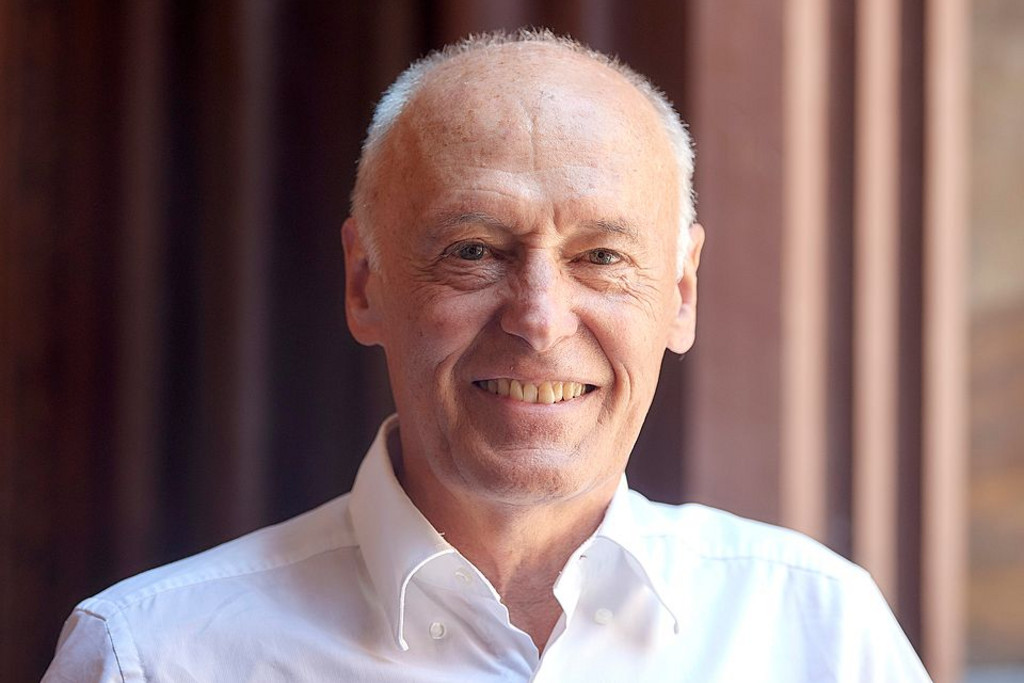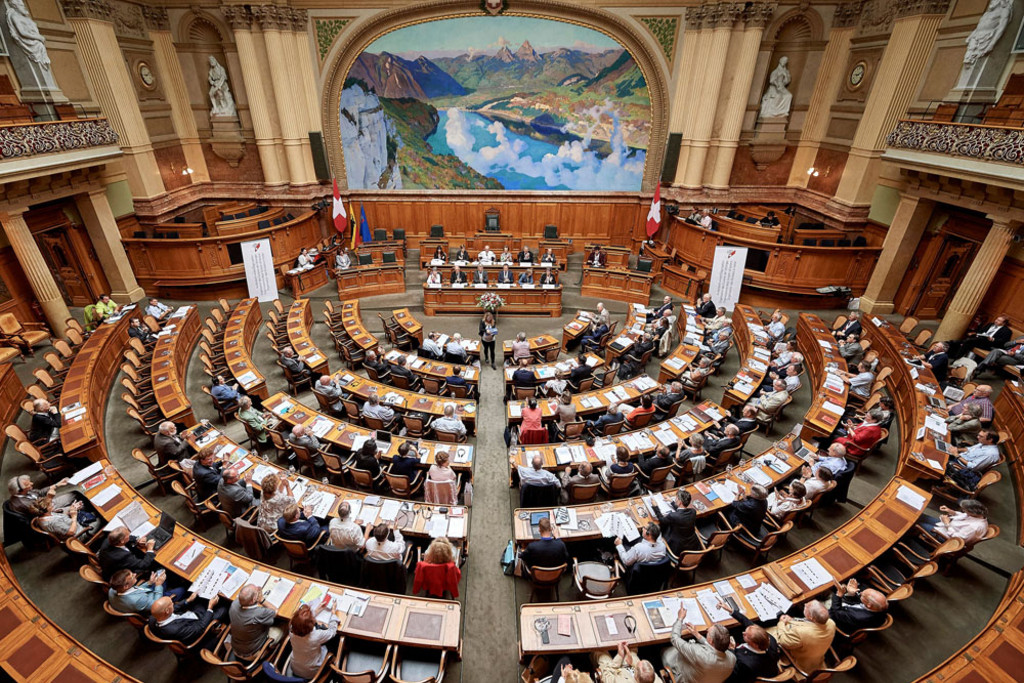What is the Council of the Swiss Abroad?
The Council of the Swiss Abroad (CSA) has 140 members, including 120 delegates from abroad. The CSA is in some respects the parliament of the “Fifth Switzerland”. The delegates are elected for a four-year term, during which they represent the interests of Swiss Abroad to the Swiss authorities.
How are the delegates elected?
The elections to the Council of the Swiss Abroad do not follow a standard format. For a start, individual larger countries form a constituency. There are also regions of the world in which larger groups of countries are entitled to one or more seats. However, the most glaring deficiency is the lack of a uniform, transparent and representative electoral system.
Who are we and what is our goal?
This is where the working group, which was established in 2023 at the Congress of the Swiss Abroad in St. Gallen, comes in: it has set itself the task of proposing and promoting a standardised process for democratic elections. This standardised process can be used in the countries that wish to use it. Specifically, the working group is aiming for an e-voting tool tailored to CSA needs – plus guidelines. These guidelines will be used in the individual constituencies and show how the system works plus any points to note in particular. The new system is scheduled to be ready for the CSA elections in 2025.
What have we achieved to date?
The project aims to improve the representativeness of the Council of the Swiss Abroad. We naturally liaise regularly with the OSA directorate to report on our progress. We are also in touch with most of the countries or regions and have received initial feedback from them. For example, we have realised that implementation has become slightly harder in EU countries due to the General Data Protection Regulation (GDPR).
Naturally, for a project of this scale, the Federal Department of Foreign Affairs (FDFA) must be kept in the loop: it is the contact point for consular services for the Swiss Abroad. Having conducted initial talks with the FDFA, one challenge has become apparent: in order to hold digital elections, the email addresses of all voters will be needed as a minimum requirement. That’s why all Swiss Abroad need to provide their nearest representation (embassy or consulate) with their email address. The more addresses there are, the higher the number of people who can take part in the CSA elections – and the more representative and democratically legitimate is the election result. The exchange with the FDFA is ongoing. Other items for discussion include possible solutions to missing email addresses.
In summary, we are taking many small steps that we hope are bringing us closer to a workable and suitable solution. There is still a long way to go.
TOBIAS ORTH, WORKGROUP.OSA@OUTLOOK.COM












Comments